Frequently Asked Questions and Glossary
FAQs
Curious about Revere’s plans to help nature recover across the UK’s National Parks? Below are answers to a range of frequently asked questions. If you can’t find the answer to your question here, then please do get in touch.
These FAQs will be regularly updated. Please check in again for changes or let us know if you have any suggestions.
Revere works with existing land managers, farmers and communities to design nature restoration projects, raise private capital to finance them, and generate revenue by selling ecosystem services. Revere distributes the revenue earned between the parties involved in each restoration project.
Revere is a partnership between the UK National Parks and Palladium. National Parks Partnerships LLP (NPP) devises and manages UK-level partnerships between the 15 UK National Parks and the private sector. Palladium is a global positive impact company operating in over 90 countries. Revere combines the National Parks’ passion for our natural landscapes and decades of local experience with Palladium’s track record of channelling private finance into protecting and restoring tropical ecosystems.
Revere’s vision is that private finance is deployed at an unprecedented scale to restore nature for the long-term and create livelihood opportunities for communities across the diverse working landscapes of the UK’s National Parks. Investments in natural capital transform ecosystems into a healthy state and accelerate progress towards the UK’s net zero and biodiversity targets.
Revere designs and delivers projects that restore degraded peatlands, grasslands, woodlands and wetlands. These projects generate ecosystem services, which can be fairly valued and paid for by the companies and organisations that benefit from them. These services include: carbon credits, biodiversity outcomes, natural flood risk management outcomes and water quality improvements.
Revere is focused on bringing benefits to local land managers and communities through working collaboratively with these stakeholders , rather than purchasing land and developing it for nature. For example, Revere will work with existing land managers – from large estates to small-scale farmers – to explore ways that they can benefit from new opportunities for managing land as the agricultural subsidy system changes. To extend impact beyond land managers, we are exploring different models to share benefits of revenues and job creation opportunities with the wider community. If this is successful, we will look to replicate it across the UK.
All buyers of ecosystem services generated through Revere are required to comply with Revere’s ethics and due diligence processes. This includes a requirement to have made a public commitment to reaching Net Zero emissions by 2050 at the latest, and to have signed up to a credible initiative to deliver on this commitment. Examples include Science based Targets Initiatives (SBTI), Race to Zero and Glasgow Financial Alliance For Net Zero. In so doing, Revere can be confident that buyers of ecosystem services are reducing their own environmental footprint as their first priority, and then providing funding for nature restoration across the UK’s National Parks to increase their impact.
All Revere projects are codeveloped with UK National Parks, Palladium and local land managers and communities. The first step in any project is to develop a robust baseline survey and nature restoration case using geographical mapping databases and ground truthing, as well as a consideration of local habitat connectivity and local knowledge. This ensures that any potential nature restoration work is scientifically informed and optimised for environmental benefit.
Revere uses established certification standards to verify and validate its ecosystem services. For example, for carbon, these include the Government-backed Woodland Carbon Code and Peatland Carbon Code. Under its Natural Capital Innovation Facility, Revere is testing approaches to value ecosystem services beyond carbon, including biodiversity outcomes, water quality improvements and flood risk reduction outcomes.
The diversity of National Park landscapes and expertise of each National Park Authority team in managing them, offers a unique opportunity to test our financing models in different contexts. By creating an adaptable blueprint for nature restoration projects across the UK, Revere aims to accelerate the green recovery nationwide by sharing learnings from National Park projects.
Revere provides opportunities for businesses to achieve sustainability targets, whilst also contributing to the restoration and protection of nature and the environment in the UK. If you would like to learn more, please use our contact form to tell us a bit about yourself and we’ll be in touch.
The purpose of Revere is to catalyse private finance into nature restoration across the UK’s National Parks by working with existing land managers and communities to codevelop new business models for managing their land in a way that benefits nature . Revere aims to do this at the scale and pace required by the global climate emergency and biodiversity crisis.
Nature in the UK is suffering. Trees cover just 13% of land and 80% of our peatlands are damaged. A recent report estimates that there is a funding gap of £56 billion to deliver the UK’s nature-related ambitions over the next 10 years. Revere will help fill that gap, moving the UK towards achieving the objectives in the Government’s 25 Year Environment Plan and creating a net zero economy by 2050.
No. Transfer of land ownership is not a part of Revere’s model. We partner with local farmers and land managers to deliver projects that will generate revenues for all parties. Any solution that we develop can only be taken forward with landowner consent and buy in.
Revere is creating a self-sustaining financing model for ecosystem restoration across the UK National Parks. Several public and private partners have provided funding to help us prove the concept. Revere raises private capital for upfront restoration costs and generates revenue for landowners and communities by selling ecosystem services to companies. Revere then distributes the revenues earned between all the parties involved in each restoration project.
A recent report estimates that there is a funding gap of £56 billion to deliver the UK’s nature-related ambitions over the next 10 years. Similarly, to meet the UK National Parks’ nature restoration goals, multiple funding routes for restoration need to be pursued. This includes government funding, philanthropy, and private finance, each one of which has an important role to play. Revere aims to create an ethical, transparent framework for private finance in NP districts.
At present, on average across the UK around 90% of land within National Parks is under private landownership. Revere works with these existing landowners to explore opportunities for attracting private funding for nature restoration. Transfer of land ownership to corporate funders or any other stakeholders is not a part of Revere’s model. We partner with local farmers, land managers and communities to deliver projects that empower them to understand the options that they have for delivering privately funded nature restoration projects on their land. Any solution that we develop can only be taken forward with landowner / land manager consent and buy in.
Revere is focused on restoring nature in the UK’s 15 National Parks in Scotland, England and Wales – these collectively cover 10% of UK land. Lessons from Revere’s work across these diverse landscapes will be applicable nationwide.
If you own or manage land in a National Park and are interested in options to restore nature on it, please use our contact form to tell us a bit about yourself and we’ll be in touch.
Revere provides opportunities for investors to support an innovative new approach to financing ecosystem restoration in the UK National Parks. If you would like to learn more, please use our contact form to tell us a bit about yourself and we’ll be in touch.
Glossary
We’re trying to make sure we avoid using too much jargon but some of it is quite unavoidable! Below is a glossary which defines some key terms.
What is natural capital?
What are nature-based solutions?
What are ecosystem services?
The Dasgupta Review defines natural capital as “the stock of renewable and non-renewable natural assets (e.g. ecosystems) that yield a flow of benefits to people (i.e. ecosystem services). The term ‘natural capital’ is used to emphasise it is a capital asset, like produced capital (roads and buildings) and human capital (knowledge and skills).”
The International Union for the Conservation of Nature (IUCN) defines nature-based solutions as “actions to protect, sustainably manage and restore natural and modified ecosystems in ways that address societal challenges effectively and adaptively, to provide both human well-being and biodiversity benefits.”
Ecosystem services are the many and varied benefits to humans provided by the natural environment and healthy ecosystems such as forests or grasslands. These ecosystems, functioning in healthy relationship, offer such things like natural pollination of crops, clean air, extreme weather mitigation and human well-being.
Natural capital is a way of thinking about nature as a stock that provides a flow of benefits to people and the economy. It consists of natural capital assets – such as water, forests and clean air. For Revere, natural capital allows nature to speak the language of business and enables businesses to support nature restoration.
The International Union for the Conservation of Nature (IUCN) defines nature-based solutions as “actions to protect, sustainably manage and restore natural and modified ecosystems in ways that address societal challenges effectively and adaptively, to provide both human well-being and biodiversity benefits.
Ecosystem services are the many and varied benefits to humans provided by the natural environment and healthy ecosystems. Such ecosystems include, for example, forest ecosystem and grassland ecosystems. These ecosystems, functioning in healthy relationship, offer such things like natural pollination of crops, clean air, extreme weather mitigation, and human well-being.
If you are a landowner interested in restoring nature, or a company or investor looking to support nature restoration in the UK,
then do get in touch.
Your can also sign up to our newsletter for regular updates and insights.


